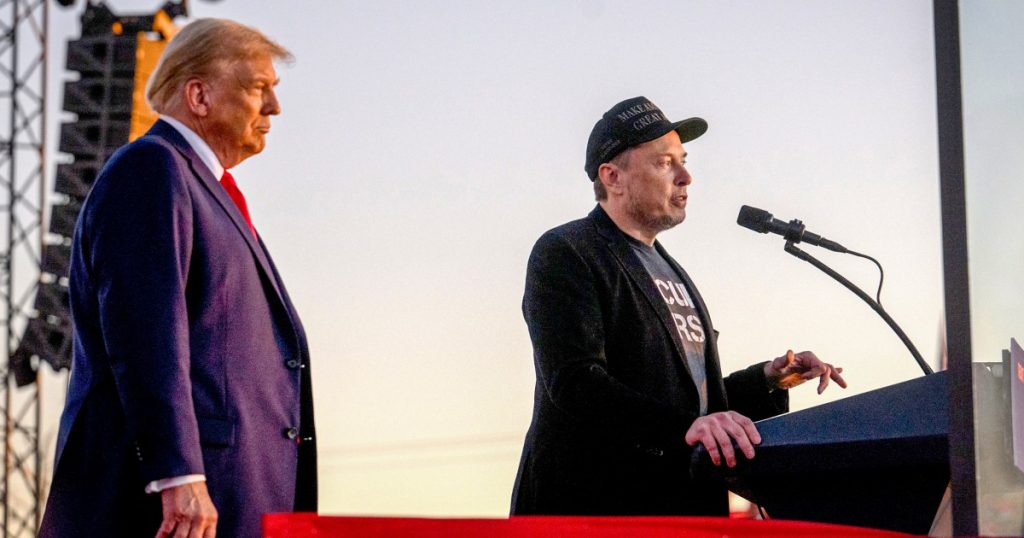FEMA’s Funding Freeze and the Clash with Federal Courts
In a dramatic turn of events, a senior FEMA official, Stacey Street, directed her team to halt funding for various grant programs, defying a federal judge’s order to cease such actions. This move came just hours after the court’s ruling, intensifying the conflict between the Trump administration and the judiciary. The grants in question support critical areas such as emergency preparedness, homeland security, and tribal security. An anonymous source provided evidence of Street’s urgent email, highlighting the internal tension and fear among employees facing potential reprisal.
A Constitutional Crisis Unfolds
Federal employees are increasingly trapped in a contentious landscape, forced to choose between adhering to Trump’s executive orders and complying with court injunctions. This dilemma poses significant risks, with the threat of termination for disobeying Trump and legal consequences for ignoring court orders. The situation underscores a broader constitutional crisis, where Trump’s expansive view of presidential authority challenges traditional checks and balances, potentially diminishing the roles of Congress and the judiciary.
Firings and Political Attacks Intensify Tensions
The fallout continued with the termination of four FEMA officials, accused of unauthorized payments for migrant housing in New York City. DHS spokesperson Tricia McLaughlin linked the firings to undermining the administration’s agenda, labeling the officials as "deep state activists." This incident reflects the politically charged environment within FEMA, where employees face not only operational challenges but also ideological scrutiny.
Elon Musk’s Scrutiny Adds Pressure
Adding to FEMA’s woes, Elon Musk, head of the Department of Government Efficiency, criticized the agency for alleged misuse of funds. Musk highlighted $59 million spent on migrant housing, claiming it violated Trump’s executive order. This scrutiny, though based on joint programs with CBP, adds another layer of external pressure, emphasizing the political and financial challenges FEMA faces in balancing its responsibilities.
Trump’s Call for FEMA’s Termination
In a direct attack, Trump criticized FEMA for perceived ineptitude, particularly in aiding Democratic areas while neglecting others like North Carolina. He advocated for state-level disaster management, arguing it would be more efficient. This critique, while politically charged, raises questions about the future of federal emergency response and the potential consequences of such a shift.
The Administration’s Stance on Judicial Authority
The White House remains defiant, with Press Secretary Karoline Leavitt asserting Trump’s executive authority and dismissing court injunctions as unjust. This stance reflects the administration’s confidence in ultimately prevailing in legal battles, further entrenching the conflict between the executive branch and the judiciary.
In conclusion, the crisis within FEMA underscores the complex interplay of legal, political, and operational challenges, with significant implications for disaster preparedness and governance. The situation highlights the delicate balance of power in a democracy and the human impact on those tasked with upholding it.












